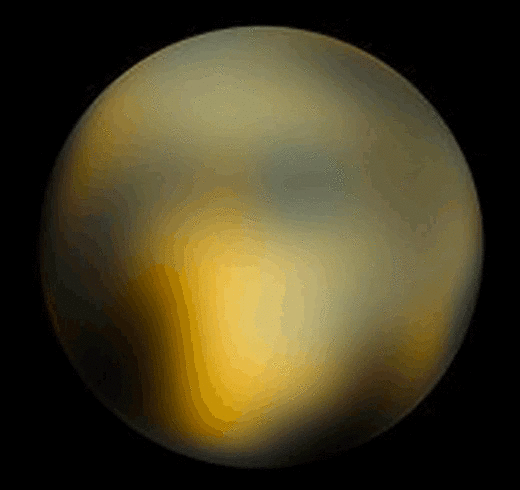In 2006 pluto was reclassified as a dwarf planet after 76 years classified as the outermost planet in our solar system since its discovery in 1930

In 2006, Pluto: The Rise and Fall of the Outermost Planet

In 1930, Clyde Tombaugh made a remarkable discovery, a distant celestial body on the outer edges of our solar system. This newfound planet was named Pluto and for 76 years, it held the title of being the ninth and farthest planet from the Sun. However, its fate took a turn in 2006 when it was reclassified as a “dwarf planet” by the International Astronomical Union (IAU).
This reclassification came as a shock to many astronomy enthusiasts, as Pluto had been a beloved member of our planetary lineup for decades. The reason behind this decision was the IAU’s new definition of a planet, which stated that in order to be classified as a planet, an object must “clear the neighborhood around its orbit.” Unfortunately, Pluto did not meet this criterion as it shared its orbital space with other icy bodies in the Kuiper Belt.

While this news was disheartening for Pluto’s dedicated fans, scientists explained that this reclassification was essential for maintaining consistency in the classification of celestial bodies. The discovery of many similar Pluto-sized objects in the outer regions of our solar system raised questions about whether they too should be considered planets. By reclassifying Pluto as a dwarf planet, the IAU paved the way for a clearer and more precise understanding of our solar system.
Pluto’s demotion also created opportunities for further exploration and study of other dwarf planets. As we continue to explore the Kuiper Belt, we have discovered fascinating worlds such as Eris, Makemake, and Haumea, which share similar characteristics with our beloved Pluto. These discoveries have expanded our knowledge of the outer reaches of our solar system and shed light on the mysteries that lie beyond.
Although Pluto may no longer be considered a planet, its significance and contribution to our understanding of the cosmos remain undeniable. It captured our imaginations and sparked curiosity like no other celestial object before. As we continue to explore and make new discoveries, let us remember Pluto as a pioneer, a celestial body that blazed a trail through the vastness of space.
References
Tags
Share
Related Posts
Quick Links
Legal Stuff

